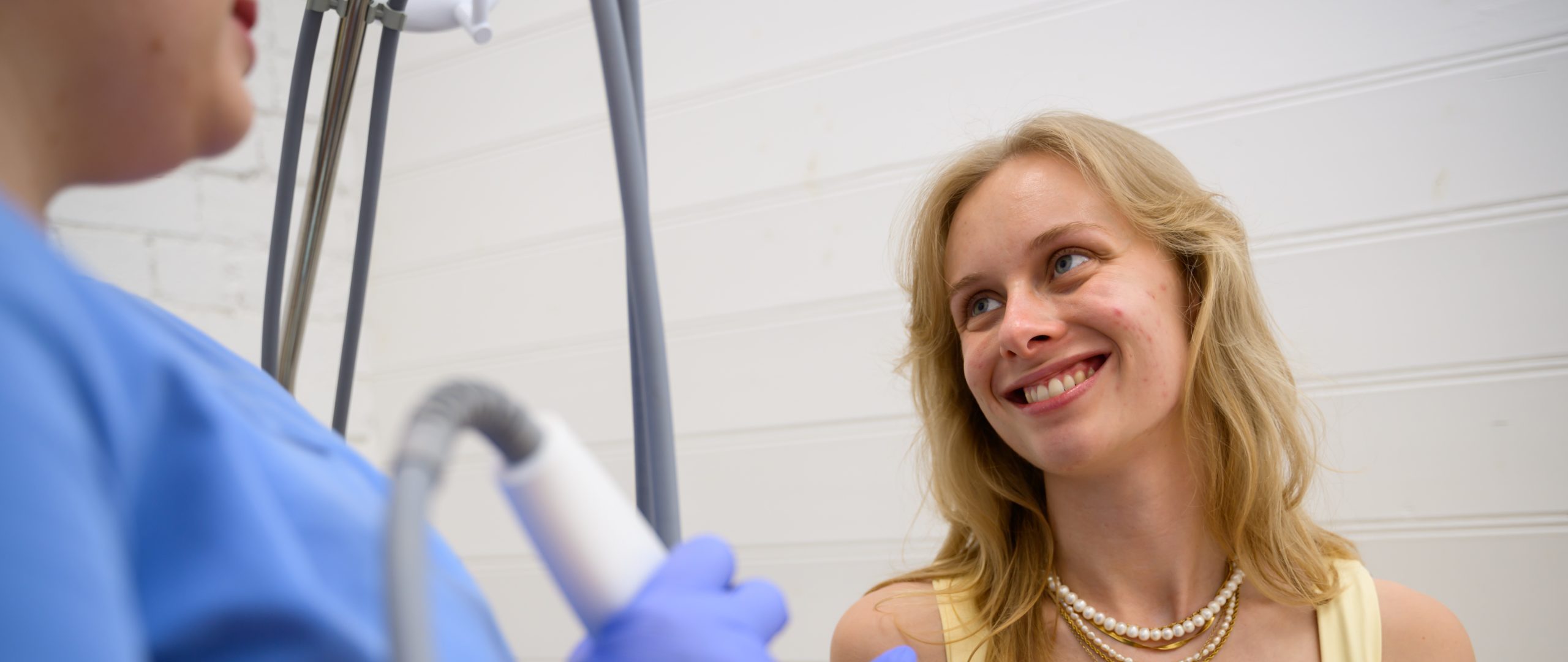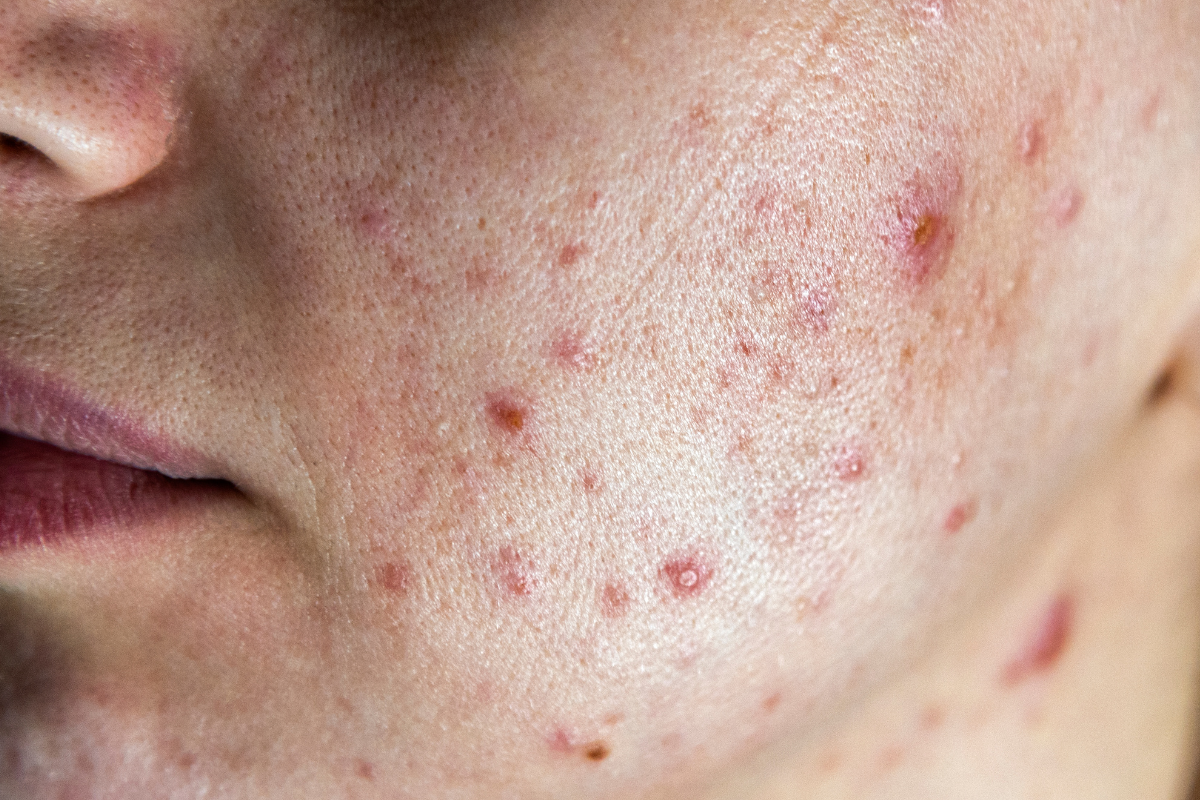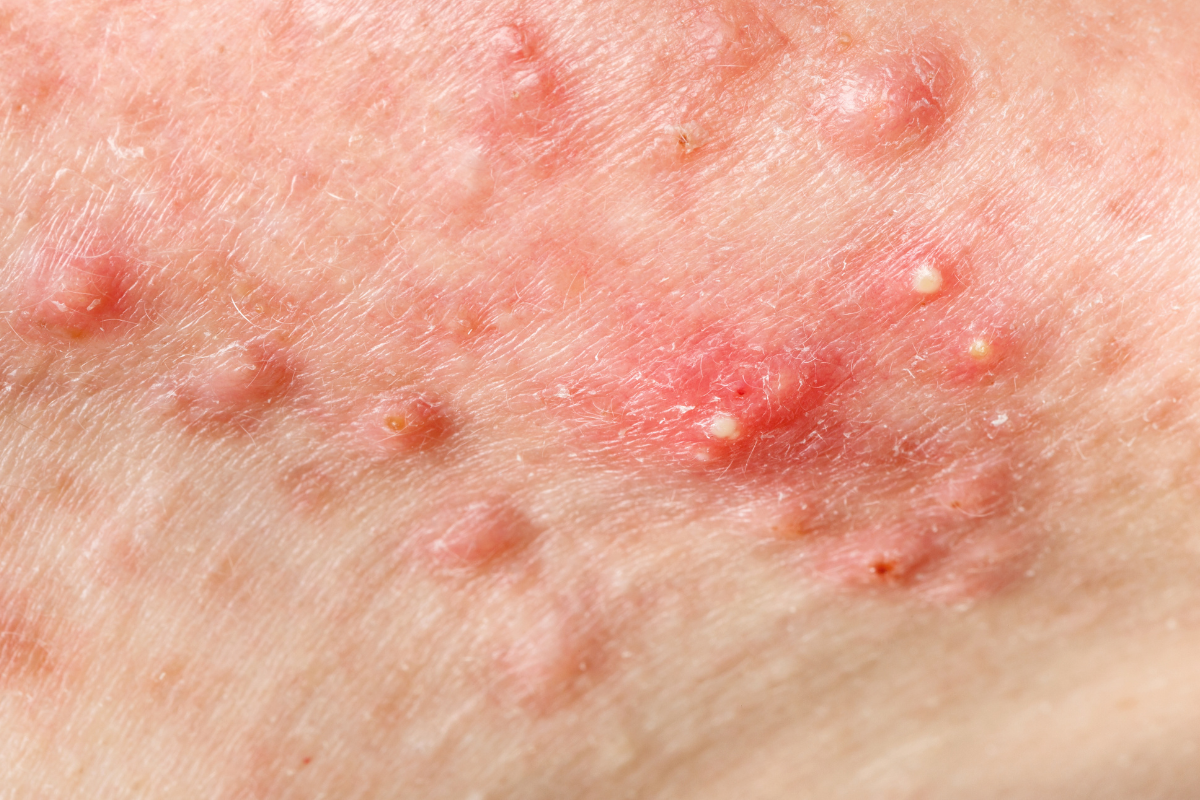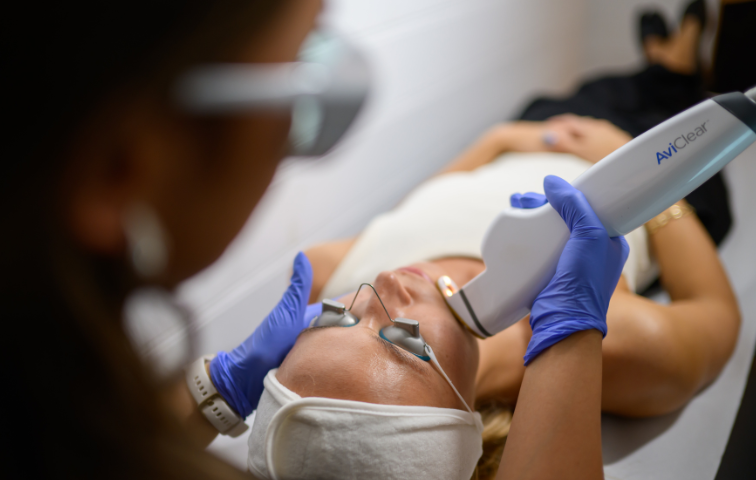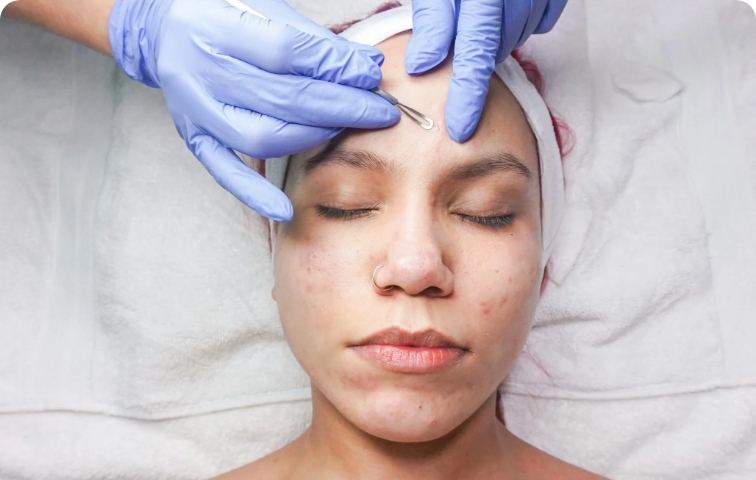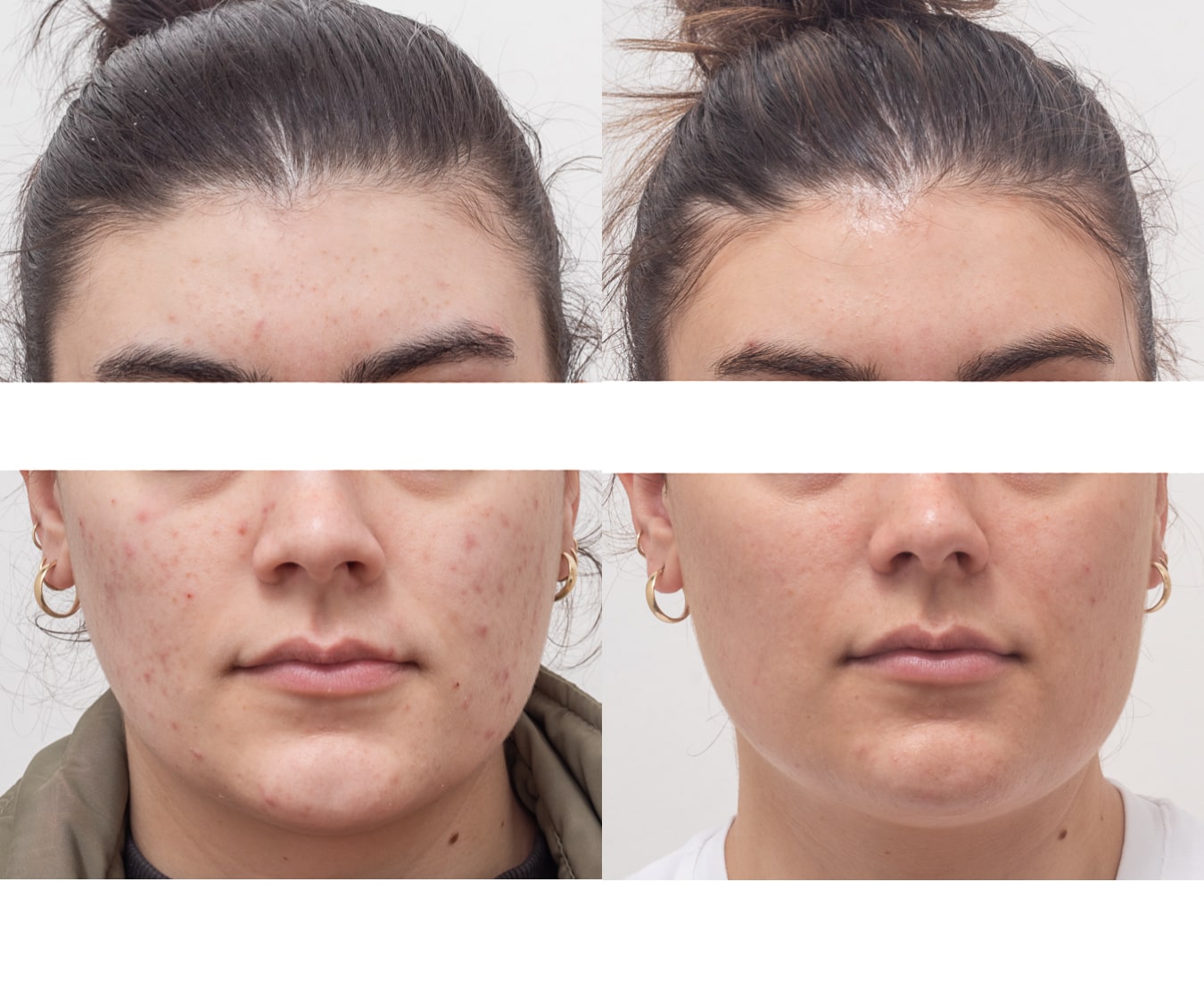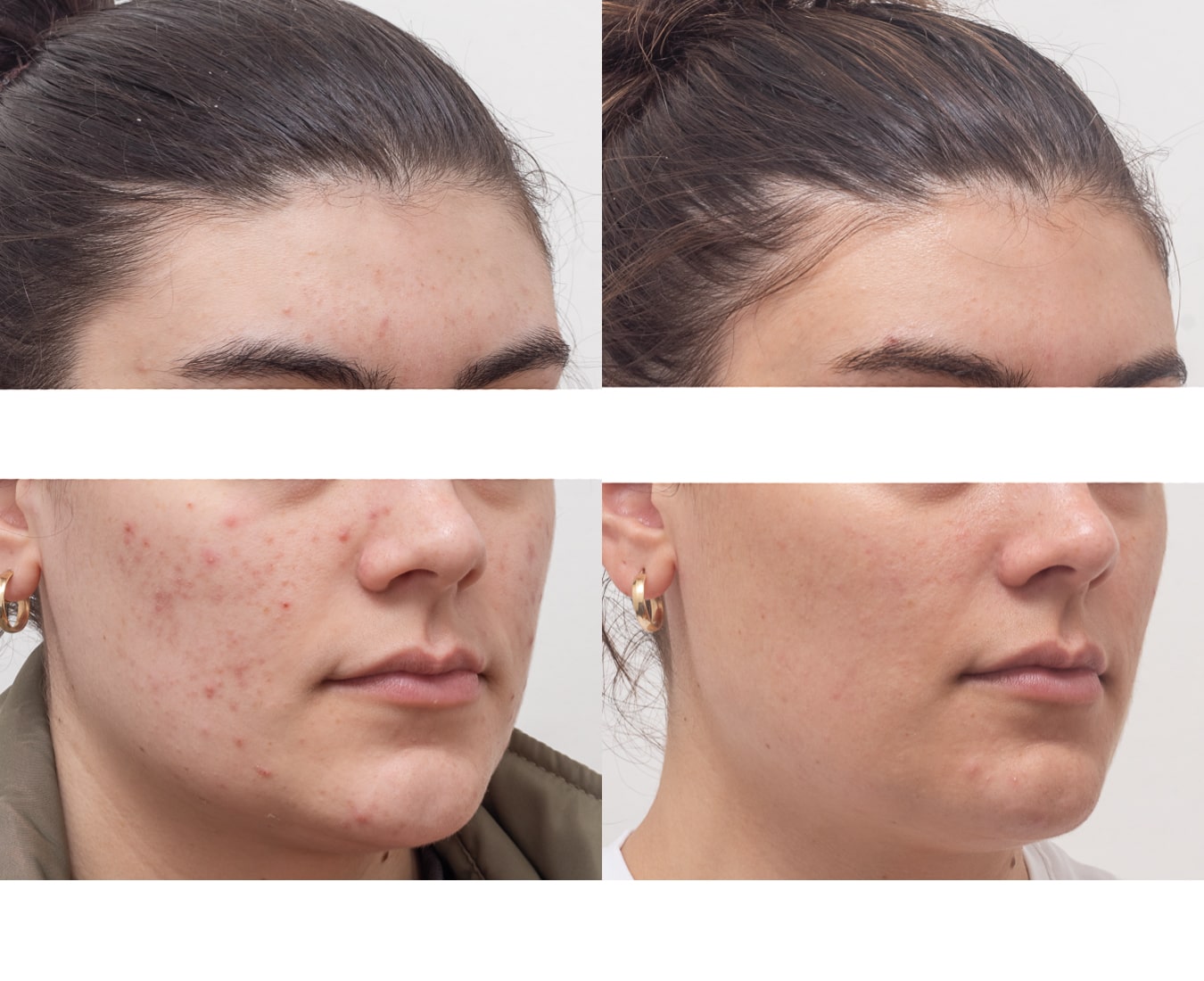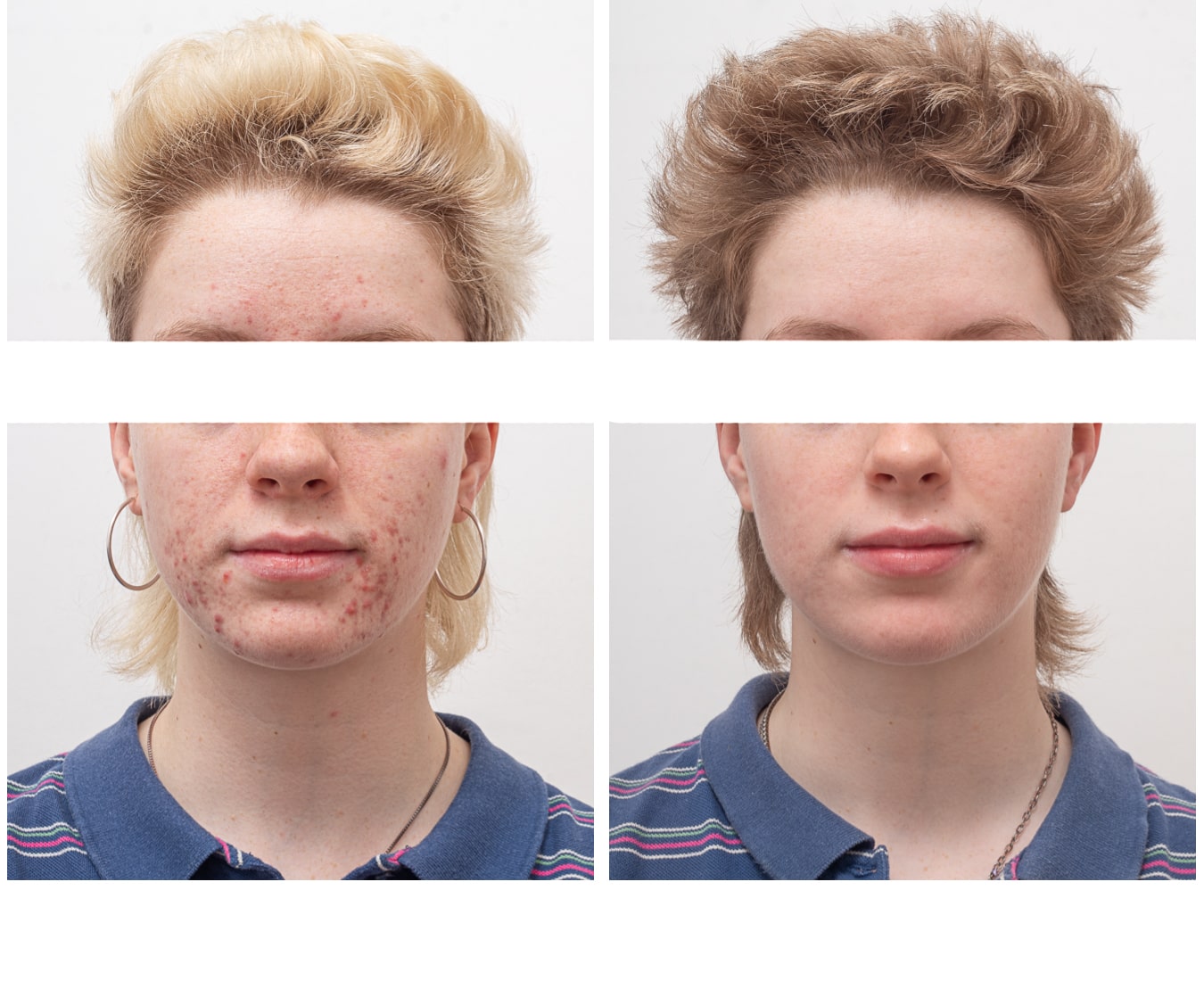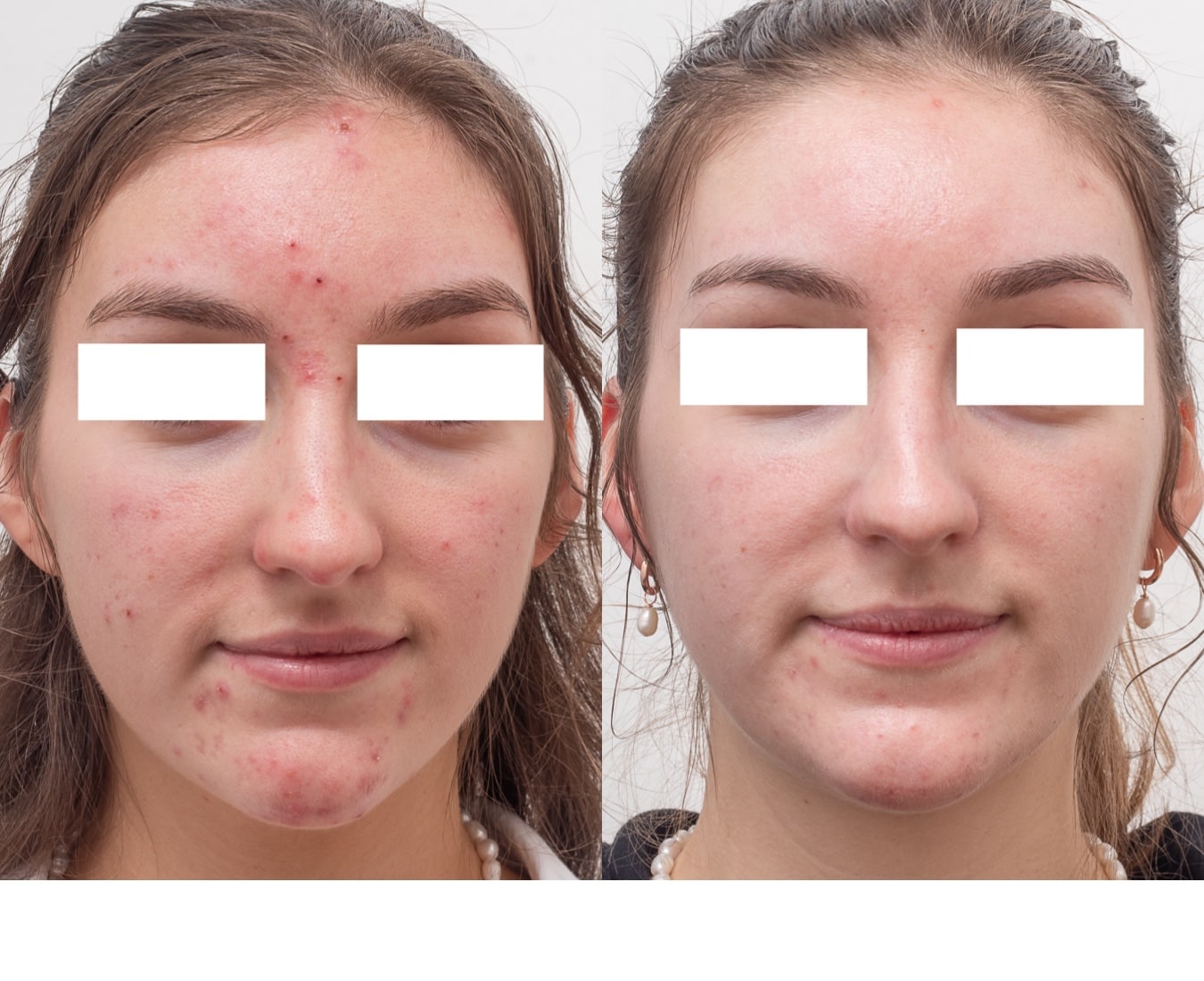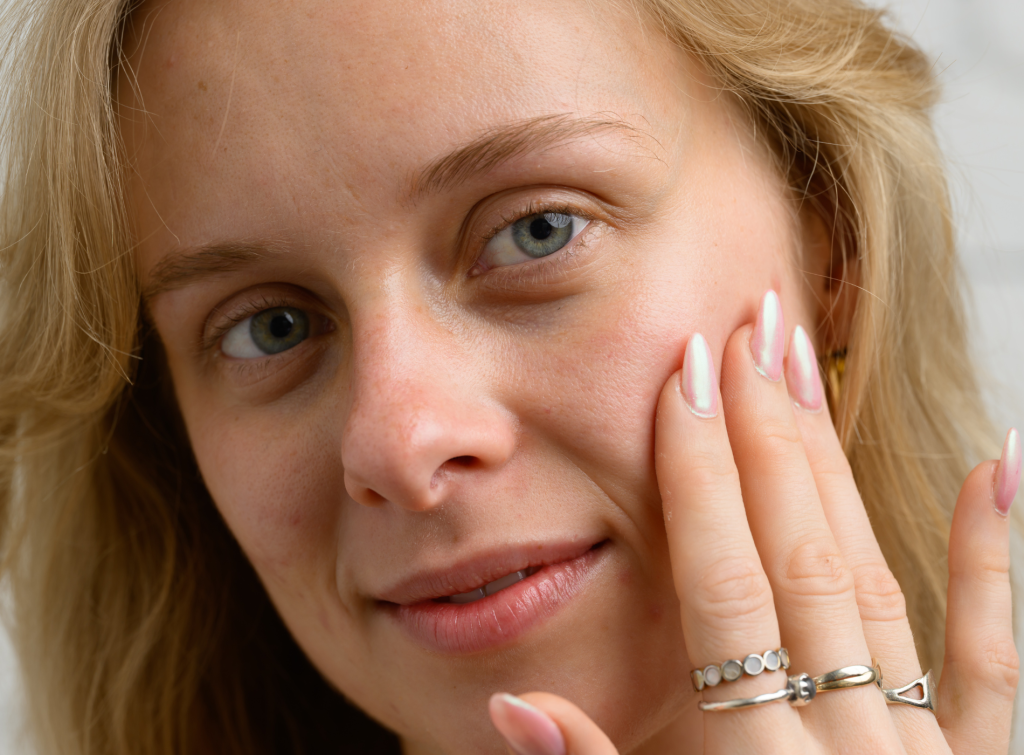Acne is a common dermatological condition that affects most people at some stage in life. It develops when oil (sebum) and dead skin cells become trapped within the skin’s oil-producing (sebaceous) glands, forming blockages known as comedones. When bacteria such as Cutibacterium acnes multiply inside these blocked follicles, they can trigger inflammation near the skin’s surface.
Depending on severity, acne may present as blackheads, whiteheads, papules, pustules, nodules, or cysts.
Understanding Acne Triggers
Although acne is often associated with adolescence, it can persist into adulthood and may occur at any age. Several factors may contribute to flare-ups, including:
- Hormonal fluctuations
- Stress
- Diet
- Certain medications
- Use of comedogenic (pore-clogging) skincare products
Genetics can also play a role, with individuals who have a family history of acne more likely to experience it themselves.
Effective Management of Acne
While most cases of acne can be effectively managed, there is no one-size-fits-all solution. Dermatologists and acne-specialised GPs who consult at Northside Dermatology offer comprehensive assessments to help identify the underlying causes and contributing factors of each individual’s acne.
Treatment plans may include a combination of the following:
-
Topical Therapies
Such as retinoids, benzoyl peroxide, azelaic acid, or topical antibiotics.
-
Oral Medications
Including antibiotics, hormonal therapies (such as the oral contraceptive pill or spironolactone), or oral isotretinoin for more severe or persistent cases.
-
In-Clinic Procedures
Options such as chemical peels, laser therapy, or light-based treatments may be recommended to manage active acne and support improvement in pigmentation or scarring.
-
Lifestyle and Skincare Guidance
Individualised advice on skincare routines, product selection, and relevant lifestyle factors that may support long-term skin health.

